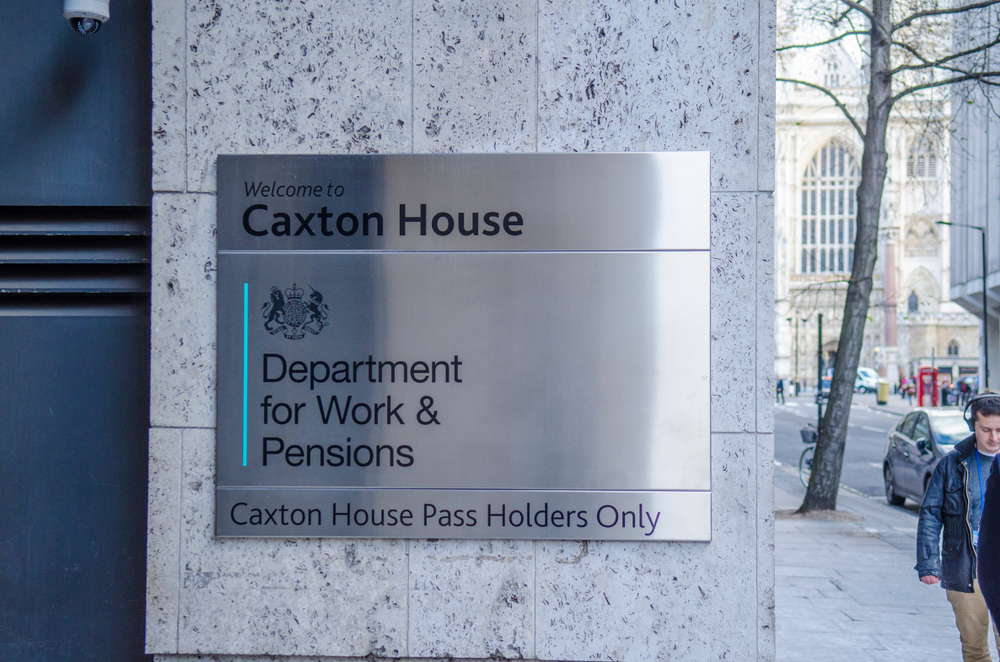Over-50s who have stopped saving into their pension in light of Covid-19 could be £98,680 worse off by the age of 75 if they fail to start saving again, according to analysis by Legal & General (L&G) Retail Retirement.
The group's research found that those aged 50-59 have reduced retirement savings by an average of £165 a month amid financial pressures stemming from the pandemic.
It stated that, for many people in the UK, reductions of this size equate to opting out entirely, with “no idea” on when savers will resume payments.
The group highlighted the value of re-introducing pension contributions as soon as possible, noting that whilst a saver could lose £98,680 from their pension if they were to never resume contributions, this falls to just £2,517 if they resumed after 6 months.
Opting back in after one year meanwhile, would reduce the amount lost from the individuals retirement savings to £4,274, whilst three years would see a loss of pension savings of £12,738.
L&G Retail Retirement CEO, Chris Knight, emphasised that the pandemic has thrown "millions" of people's retirement plans off course, inevitably pushing many of those facing financial struggles to opt-out of their workplace pension.
Knight highlighted previous L&G research which showed that 1.5 million workers aged over 50 will delay their retirement as a direct result of the Covid-19 pandemic, being most likely for workers who had been furloughed or taken a pay cut during the pandemic.
He added: "These are of course challenging times, but while it may be hard to look past current difficulties, it is important not to lose sight of the long-term benefits of saving into a pension to secure a comfortable retirement.
"Despite current circumstances proving challenging, we would urge those who have already saved something for retirement to maintain their contributions.
“Pausing them may be tempting, however people should explore every possible alternative before considering this.
"For those who have already taken the difficult choice to opt-out, our projections highlight how vital it is to prioritise enrolling back into the scheme as soon as they are able to do so, to limit the losses to their retirement fund.”
Latest News
-
OBR analysis reveals potential impact of salary sacrifice changes
-
Strong funding levels continue as endgame landscape reshaped by innovation
-
Harwich Haven Authority Pension Fund finalises £45m buy-in with Royal London
-
GAD publishes LGPS gender pension gap reporting guidance
-
DB scheme funding levels continue to improve heading into 2026
-
News in brief - 6 February 2026
Private markets – a growing presence within UK DC
Laura Blows discusses the role of private market investment within DC schemes with Aviva Director of Investments, Maiyuresh Rajah
The DB pension landscape
Pensions Age speaks to BlackRock managing director and head of its DB relationship management team, Andrew Reid, about the DB pensions landscape
Podcast: From pension pot to flexible income for life

Podcast: Who matters most in pensions?

In the latest Pensions Age podcast, Francesca Fabrizi speaks to Capita Pension Solutions global practice leader & chief revenue officer, Stuart Heatley, about who matters most in pensions and how to best meet their needs
© 2019 Perspective Publishing Privacy & Cookies










Recent Stories